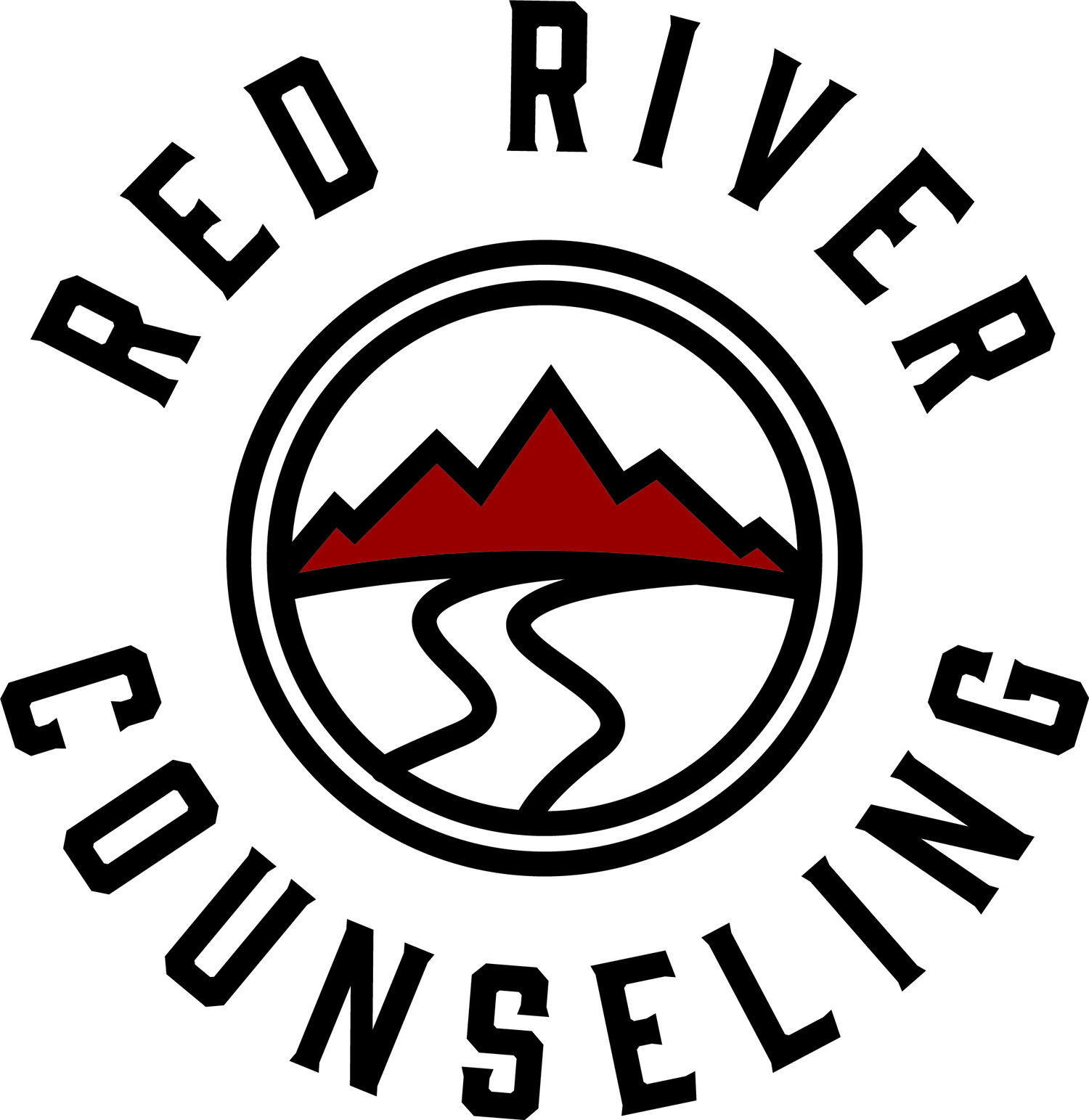What influences change?
/How does a person come to believe what they believe? See the world as they see it? Themselves? Their roles in a family or job? And how do we change what we don’t like? Maybe the inner-critic or shameful belief, or the arrogance and entitlement that gets in our way of relating to others? There’s no easy answer, but here’s my attempt at a simple one.
We all grew up in a culture that emphasized one of these over another - for some, the way you think was prioritized (a positive mindset, etc.), others were taught that behavior is what builds ones character, and others were taught that having new experiences is the way to expand your worldview. None of these are wrong. In fact, they all impact us, AND they all impact each other. Let’s take a look at a positive and negative ‘for instance’
Positive Example
Imagine someone who signs up for a local running group (an experience). They’ve never really seen themselves as an athlete, and come into it with a bit of fear that they might fail or look foolish. At first, they’re nervous, but over time they start to trust the encouragement of fellow runners who tell them they’re doing great and that they should keep it up. This shifts their beliefs about themselves: “Maybe I can stick with something hard,” or “I’m not as unathletic as I thought.” With these new beliefs, their behaviors change—they start running more consistently, with more confidence, which leads to other behavioral changes like eating healthier and showing up on time because they now see themselves as “a runner.” That new behavior reinforces the positive experience, and the cycle keeps building. Now, everytime they show up they reinforce these new beliefs through new actions which lead to new experiences.
Negative Example
On the flip side, consider a teenager who freezes during a class presentation and gets laughed at (experience). The takeaway might be a belief: “I’m terrible at public speaking” or even “I’m stupid.” That belief then affects behavior—they avoid raising their hand, shy away from leadership opportunities, and later even avoid jobs that require speaking up. The cycle reinforces itself, not because it’s objectively true, but because the belief shaped behavior in a way that limited new, positive experiences. Now, everytime they hide themselves they reinforce these believeds through repeated actions, which lead to reinforcing experiences where they don’t speak out loud or get ignored.
It’s not a matter of ‘Is this or is this not happening’. It definitely is. But are you paying attention to it. Do you take your beliefs as true just because you believe them, and the more you believe them the more you act on them, and the more you act on them the more you have similar experiences…this is also known as confirmation bias. If I go into a new situation with a negative view of myself, I will most likely look for evidence to confirm that negative view. Same can go for positives. Then, as I act on those beliefs and find evidence of them in new experiences, I confirm those previous held beliefs. So, how do you change this cycle? Here are a few prompts followed by a journal exercise.
Prompts for Reflection
Self-Perception:
What’s one belief you hold about yourself (e.g., “I’m bad with money,” “I’m not creative,” “I’m a people-pleaser”)?
How do your actions reinforce that belief?
What experiences do you notice because of those actions/reactions?
How do these experiences confirm your belief?
Relationships:
Do you believe people can be trusted—or that they’ll eventually let you down?
How does that belief shape the way you show up in friendships, family, or romantic relationships?
Work and Performance:
Do you believe you’re competent at your job—or always one mistake away from being “found out”?
How does that belief shape how you take risks, volunteer for projects, or avoid challenges?
Parenting (or Family Roles):
What do you believe about your role in your family (e.g., “I have to keep the peace,” “I’m the responsible one,”)?
How do you behave out of that belief, and what experiences does it create for you and others?
Politics and Worldview:
Think of a political or cultural opinion you feel strongly about.
How do your beliefs shape the way you interpret news, social media, or conversations with others?
What evidence do you tend to notice—or ignore—because of that belief?
Guided Journal Exercise: Tracing the Cycle
Grab a pen and paper (or open a notes app) and walk through these steps with one belief you hold about yourself, others, or the world.
1. Identify the Belief
Write down one strongly held belief you have.
Example: “I’m terrible at speaking up in groups” or “People can’t be trusted.”
2. Trace the Behavior
How do you typically act because of this belief?
What choices do you make—or avoid—because of it?
Example: “I stay quiet in meetings.”
3. Recall an Experience
What kinds of experiences result from those behaviors?
Do those experiences seem to confirm the original belief?
Example: “No one hears my ideas, so I believe my ideas don’t matter.”
4. Notice the Cycle
How does this belief-behavior-experience loop reinforce itself over time?
Do you see how it keeps circling back and “proving” itself true?
5. Imagine a Disruption
What’s one small action you could take to challenge the cycle?
Or, what new belief could you try to act out of?
Or, what new experience could you create that might lead to a healthier belief?
Example: “I’ll share one idea in the next meeting, even if I’m nervous.”
6. Reflect Forward
How might this new behavior create a different kind of experience?
What belief might grow out of it if you repeated it over time?


